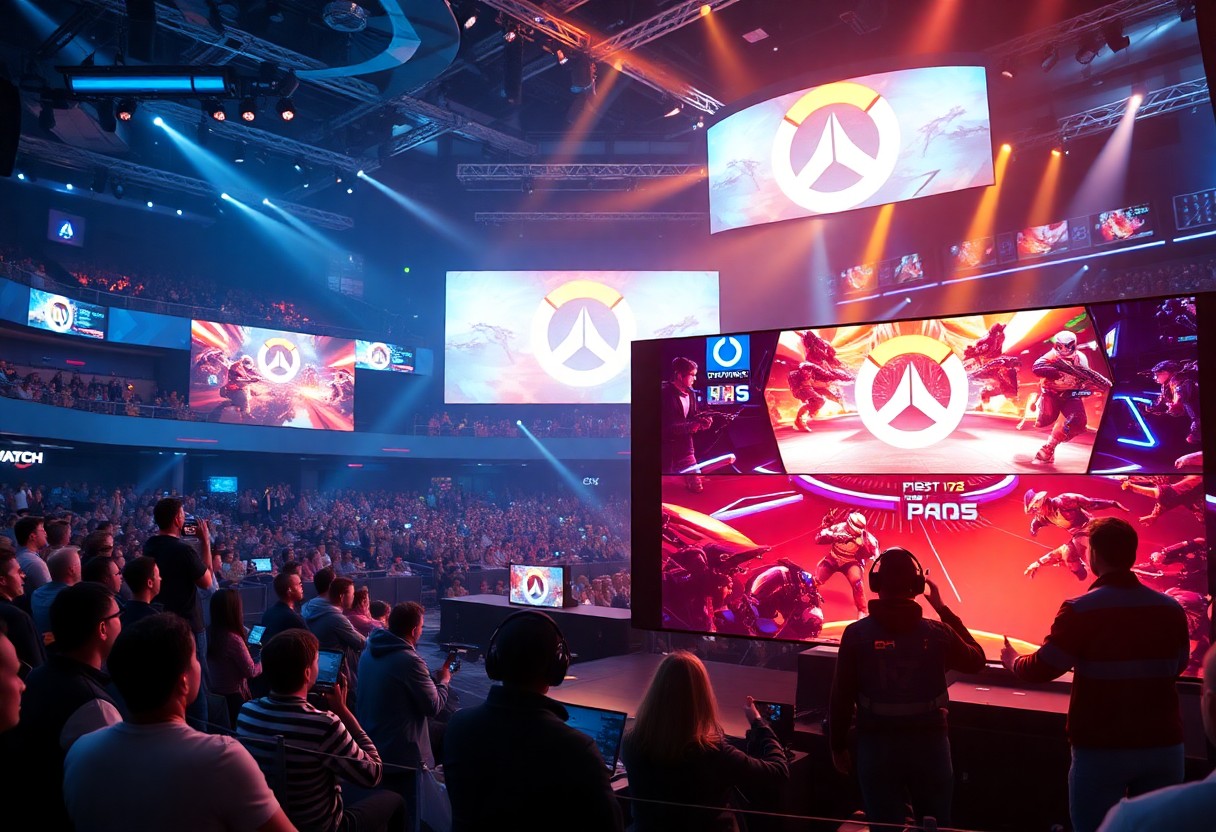Esports has solidified its place in competitive gaming, and with the launch of Overwatch 2, the franchise aims to build upon its predecessor’s legacy. The original Overwatch not only captured the interest of millions of players but also fostered a burgeoning esports scene that included prestigious tournaments like the Overwatch League (OWL). Now, with the arrival of Overwatch 2, key developments have emerged that could strongly influence its competitive landscape.
First and foremost, Overwatch 2 introduces several pivotal changes to gameplay dynamics, including new heroes and an updated PvE model. The game emphasizes teamwork and strategy, traits that have historically been effective in the esports arena. New characters and balance adjustments will constantly shift meta strategies, encouraging teams to innovate and find creative tactics. This continual evolution keeps the competitive scene lively, allowing teams to remain adaptable while engaging audiences with fresh content.
One of the most significant changes in Overwatch 2 is the switch from 6v6 to 5v5 gameplay. By removing one tank from each team, the game promotes quicker engagements and more fluid team dynamics. The reduced complexity in team compositions can make matches easier for audiences to follow, enhancing viewership. In contrast to Overwatch 1’s frequently crowded, chaotic battles, Overwatch 2 encourages more direct and engaging team plays. This simplification can be beneficial for new viewers trying to understand the game’s nuances in an esports context.
The introduction of PvE content in Overwatch 2 also has exciting implications for the esports scene. While traditional PvP remains the backbone of competitive play, the inclusion of narrative-driven elements and cooperative gameplay broadens the franchise’s appeal. This potentially opens the door for crossover events and challenges that can engage the community beyond just PvP, further solidifying Overwatch as a staple in competitive gaming.
Moreover, Blizzard’s approach to supporting esports within Overwatch 2 appears more robust. The company has expressed a commitment to professional tournaments, promising to enhance broadcasting quality and accessibility. Diverse sponsorships and incentives for teams and players could elevate the competitive scene, drawing more serious contenders into the mix and potentially expanding the fanbase. Overwatch 1 had its challenges in securing investment and keeping players engaged; Overwatch 2 seems optimized to counteract those shortcomings.
Another area where Overwatch 2 aims to improve is in community engagement. The original title faced criticism for its matchmaking and ranking systems. With Overwatch 2, Blizzard has stated its intent to provide a fairer and more transparent system. This focus on player satisfaction can help cultivate a more vibrant competitive community, both in matchmaking and organized esports events. A strong and healthy gaming community is important for any title to thrive in the esports environment, and Overwatch 2 holds the potential to nurture that.
Therefore, Overwatch 2’s new gameplay changes, support for esports, and focus on community engagement present a promising outlook for its competitive viability. With the lessons learned from Overwatch 1, Blizzard aims to craft an environment that enhances both player experience and spectator enjoyment, ensuring that Overwatch maintains its esteemed position in the esports gaming landscape.





